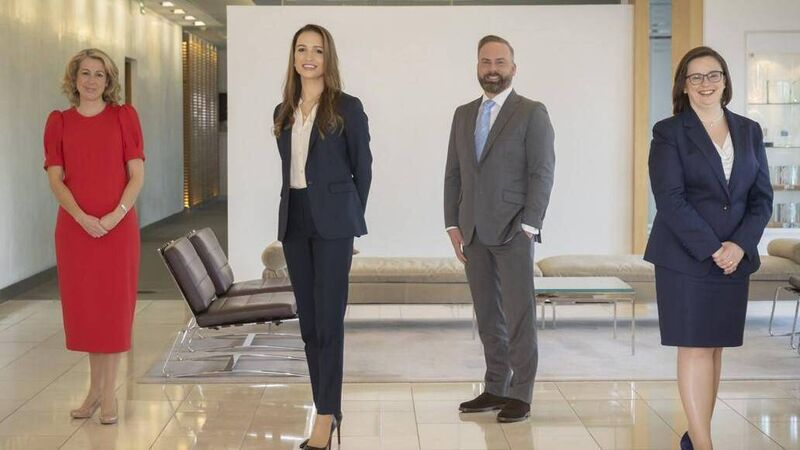Opportunities are opening at home and abroad

Davinia Brennan, Caroline Kearns, Rory O'Keeffe and Niamh Mulholland, who have all recently begun new roles with Matheson, the law firm advising business owners to make the most of upcoming tax opportunities.
and , of Matheson, assess the national and global financial landscapes















